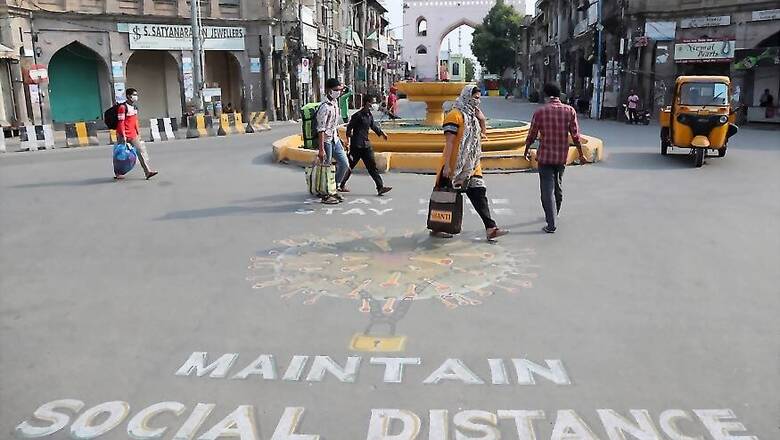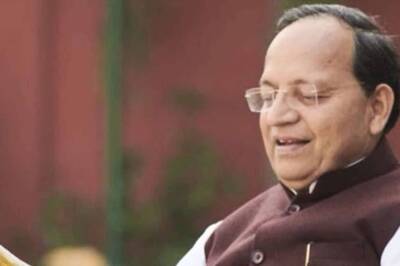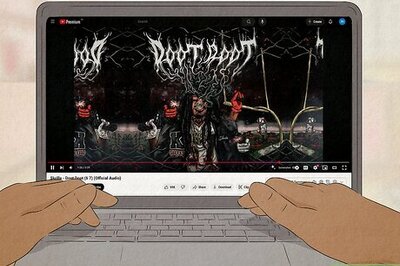Wages During Lockdown: Centre Tells SC That Order Was Valid, Firms Should Prove Financial Incapacity

views
The central government has submitted in the Supreme Court that its March 29 notification on payment of full wages to workers by their employers during the lockdown was legally valid and was aimed at reducing the financial hardship of lower strata of society, labourers and salaries employees.
In its affidavit filed on Wednesday, the government said that the March 29 order was never a permanent measure and has now been withdrawn.
It said the companies and firms that have cited financial incapacity to pay their workers for the 54 days when the order was in operation should first be directed to place on record their audited account books.
The affidavit, filed by the MHA, added that it will not be in public interest to seek recovery of wages paid to the workers and employees during the lockdown and that the Supreme Court need not adjudicate these petitions anymore.
A bench headed by Justice Ashok Bhushan will on Thursday take up a clutch of petitions, filed by several firms from across the states against the March 29 order which obligated all employers to pay their workers full wages during the closure of work due to the lockdown.
The petitions questioned the source of power to do so, besides its rationale, and also cited financial burden put on private firms to pay their employees while the works came to a complete halt.
The MHA was asked to file its reply, in which the ministry has now said that the direction for payment of wages was in public interest, and was taken by the National Executive Committee under the pertinent provisions of the Disaster Management Act.
It added the Act authorises the National Executive Committee to assist the National Authority in carrying out plans and policies of the Central government at the times of disasters.
The affidavit asserted that in view of the statutory scheme, the National Executive Committee had full competence to issue the March 29 order.
"There was a legitimate state interest in the issuance of these directions. The said directions are neither arbitrary nor capacious. The same were neither excessive nor disproportionate but were completely proportionate...the impugned directions did not suffer from any vice of unconstitutionality," stated the affidavit.
The MHA added that it was an economic and welfare measure proposed temporarily to mitigate the financial hardship of crore of workers and employees.
About withdrawal of March 29 order on May 17, the MHA said after taking views from the experts, commercial operations were resumed so that burden to pay workers without operation gets mitigated.
Now that the March 29 notification has been withdrawn after 54 days, the government said there is no necessity to hear these petitions since it would only be an academic exercise.
The affidavit concluded by saying that in case the Supreme Court is inclined to hear these cases on the point of incapacity by certain employers to pay their workers, they should be directed to put on record the proof of their financial incapacity by way of placing their books of accounts and balance sheets before the bench.
Last month, the Supreme Court, by way of an interim order, had said no employer will be prosecuted for non-payment of wages during the lockdown till a final decision is taken by the bench.




















Comments
0 comment